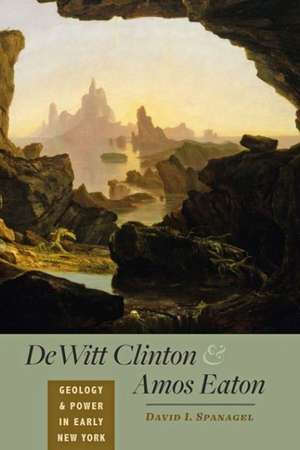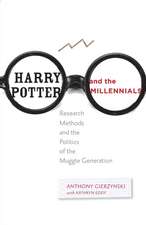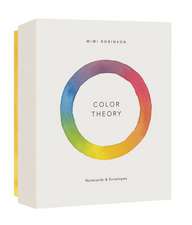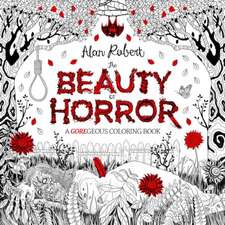DeWitt Clinton and Amos Eaton – Geology and Power in Early New York
Autor David I. Spanagelen Limba Engleză Hardback – 14 apr 2014
David I. Spanagel explores the origins of American geology and the culture that promoted it in nineteenth-century New York. Focusing on Amos Eaton, the educator and amateur scientist who founded the Rensselaer School, and DeWitt Clinton, the masterful politician who led the movement for the Erie Canal, Spanagel shows how a cluster of assumptions about the peculiar landscape and entrepreneurial spirit of New York came to define the Empire State. In so doing, he sheds light on a particularly innovative and fruitful period of interplay among science, politics, art, and literature in American history.
Preț: 426.16 lei
Nou
Puncte Express: 639
Preț estimativ în valută:
81.54€ • 85.38$ • 67.64£
81.54€ • 85.38$ • 67.64£
Carte tipărită la comandă
Livrare economică 10-24 aprilie
Preluare comenzi: 021 569.72.76
Specificații
ISBN-13: 9781421411040
ISBN-10: 1421411040
Pagini: 284
Ilustrații: 10, 7 black & white halftones, 3 black & white line drawings
Dimensiuni: 153 x 234 x 23 mm
Greutate: 0.5 kg
Editura: Johns Hopkins University Press
ISBN-10: 1421411040
Pagini: 284
Ilustrații: 10, 7 black & white halftones, 3 black & white line drawings
Dimensiuni: 153 x 234 x 23 mm
Greutate: 0.5 kg
Editura: Johns Hopkins University Press
Textul de pe ultima copertă
David I. Spanagel explores the origins of American geology and the culture that promoted it in nineteenth-century New York. Focusing on Amos Eaton, the educator and amateur scientist who founded the Rensselaer School, and DeWitt Clinton, the masterful politician who led the movement for the Erie Canal, Spanagel shows how a cluster of assumptions about the peculiar landscape and entrepreneurial spirit of New York came to define the Empire State. In so doing, he sheds light on a particularly innovative and fruitful period of interplay among science, politics, art, and literature in American history.
"A significant contribution to our current understanding of the history of science between the first scientific revolution of the early modern period and the emergence of modern, professionalized science... Provocative and compelling."--American Historical Review
"DeWitt Clinton and Amos Eaton provides the reader with a fresh exploration of the early American republic... Here is a volume chock full of good ideas and evocative questions."--Endeavour
"A compelling story of the intersections between science and politics in the early decades of the nineteenth century."--The Journal of American History
"What a good and interesting read this is, and that what is most novel and most striking are the numerous connections that others have perhaps seen--one here and one there--but that Spanagel has woven into a rich network that makes deep cultural sense."--Isis
"An unfailingly interesting and informative book. It provides excellent insight into antebellum New York and neatly details how Clinton, Van Rensselaer, and Eaton had a profound impact on the intellectual and political life of New York."--British Society for Literature and Science
"A significant contribution to our current understanding of the history of science between the first scientific revolution of the early modern period and the emergence of modern, professionalized science... Provocative and compelling."--American Historical Review
"DeWitt Clinton and Amos Eaton provides the reader with a fresh exploration of the early American republic... Here is a volume chock full of good ideas and evocative questions."--Endeavour
"A compelling story of the intersections between science and politics in the early decades of the nineteenth century."--The Journal of American History
"What a good and interesting read this is, and that what is most novel and most striking are the numerous connections that others have perhaps seen--one here and one there--but that Spanagel has woven into a rich network that makes deep cultural sense."--Isis
"An unfailingly interesting and informative book. It provides excellent insight into antebellum New York and neatly details how Clinton, Van Rensselaer, and Eaton had a profound impact on the intellectual and political life of New York."--British Society for Literature and Science
Notă biografică
Descriere
In so doing, he sheds light on a particularly innovative and fruitful period of interplay among science, politics, art, and literature in American history.






